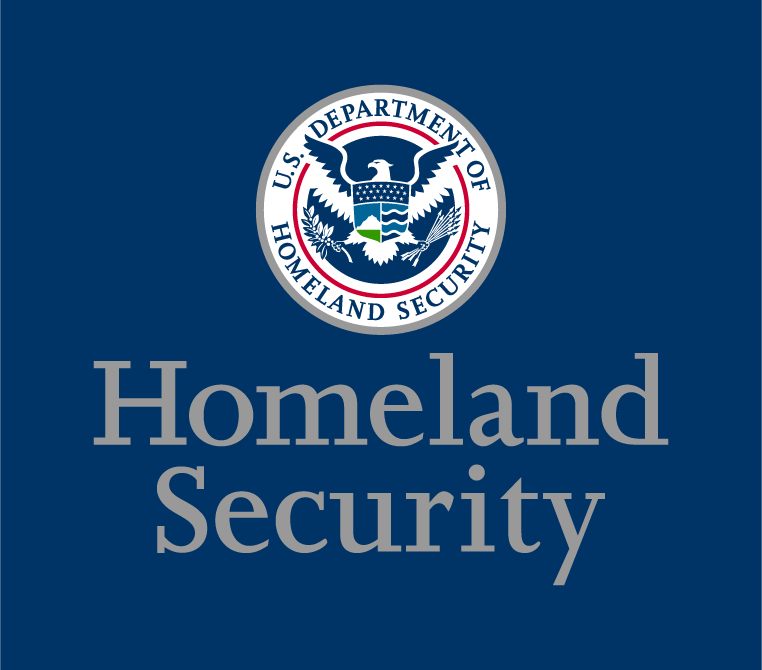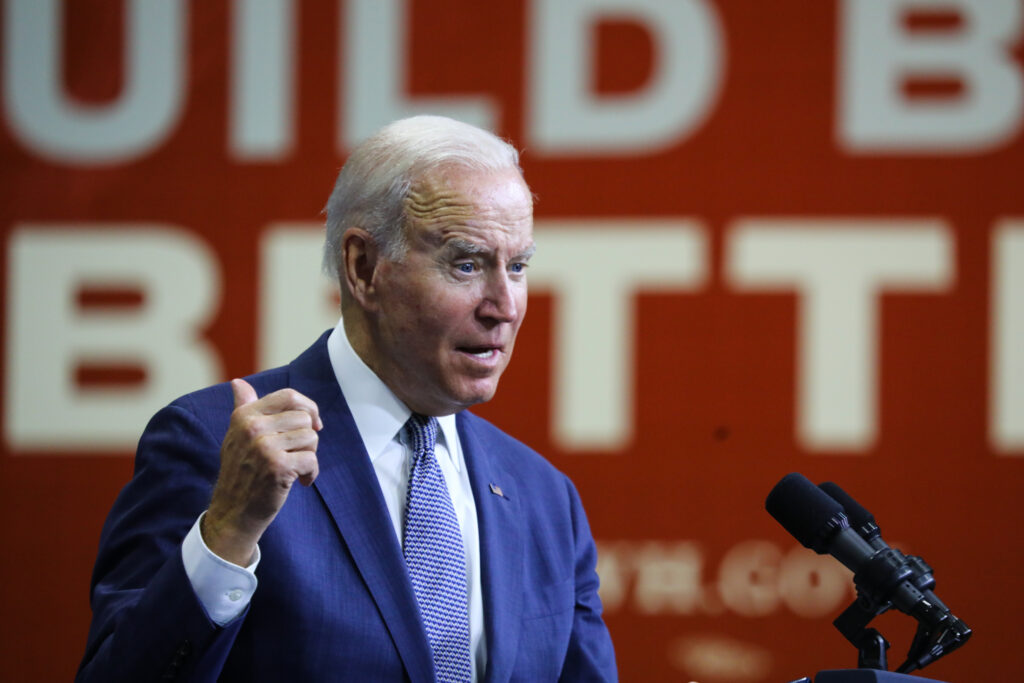The Department of Homeland Security granted written permission to its National Operations Center Media Monitoring Initiative to collect and retain data gathered from news anchors, journalists, reporters, or any person using “traditional and/or social media in real time to keep their audience situationally aware and informed.”
As a result of the DHS permission, the NOC and its Office of Operations Coordination and Planning may store personal identifiable information (PII) of individuals “that permits the identity of an individual to be directly or indirectly inferred, including any information which is linked or linkable to that individual.”
The guidelines, issued in November 2011, allow NOC and OCP officials to collect data of government officials and private employees who make public statements as well as “persons known to have been involved in major crimes of Homeland Security interest.”
The DHS guidelines also direct the NOC to “share Media Monitoring Reports with Departmental and component leadership, private sector, and international partners where necessary, appropriate, and authorized by law to ensure that critical disaster-related information reaches government decision makers.”
‘It Is Terrifying’
The DHS guidelines have generated a wide-ranging response, with some stating the measures are a gross violation of privacy while others argue the information gathered is already public and therefore not a concern.
The first view is held by Maureen Martin, senior legal analyst at The Heartland Institute, which publishes InfoTech & Telecom News. Martin says, “Big Brother is watching us—almost all of us.”
“The Department of Homeland Security has announced it will be following journalists and gathering personal information about them. The problem is ‘journalist’ is defined as anyone using traditional and/or social media in real time to keep their audience situationally aware and informed. That means not only newspaper reporters but also anyone who posts on Facebook or sends an email. And maybe even anyone who sends a letter to a friend via U.S. mail. That, after all, would be traditional media,” she said.
Martin concluded, “Coupled with a new federal law enabling authorities to incarcerate Americans without a trial in the discretion of the President, we have a situation that is not merely frightening. It is terrifying.”
‘Waste of Time and Money’
Jim Lakely, director of The Heartland Institute’s Center for the Digital Economy, says the project isn’t frightening but is unnecessary and wasteful.. “If I understand this correctly, bureaucrats will be seeking and writing down publicly available information about journalists—such as their Twitter handles and Facebook pages,” he said.
“That’s not ‘spying.’ It’s simply a waste of time and money—typical government work,” he added. “This brings to mind Nixon’s ‘enemies list,’ and gets me wondering whether I’d be considered ‘dangerous’ enough by DHS to warrant the time and energy of a nebby, keyboard-pressing bureaucrat. I sure hope so. I’ll wear it as a badge of honor by including it in my bio and perhaps with an ad on my blog,” Lakely said.
“A violation of privacy would occur if the government were digging around and obtaining private information on ordinary Americans,” Lakely explained. “But what you share with the world on your blog, Twitter feed, Facebook page, and other social media outlets is, by definition, public information. While a bit creepy, this development is many, many degrees away from ‘Big Brother’ and a knock on the door in the dark of night.”
Bruce Edward Walker ([email protected]) is managing editor of InfoTech & Telecom News.
Internet Info
“Privacy Compliance Review of the NOC Media Monitoring Initiative,” U.S. Department of Homeland Security, November 15, 2011: http://news.heartland.org/sites/default/files/dhs_media_monitoring.pdf





